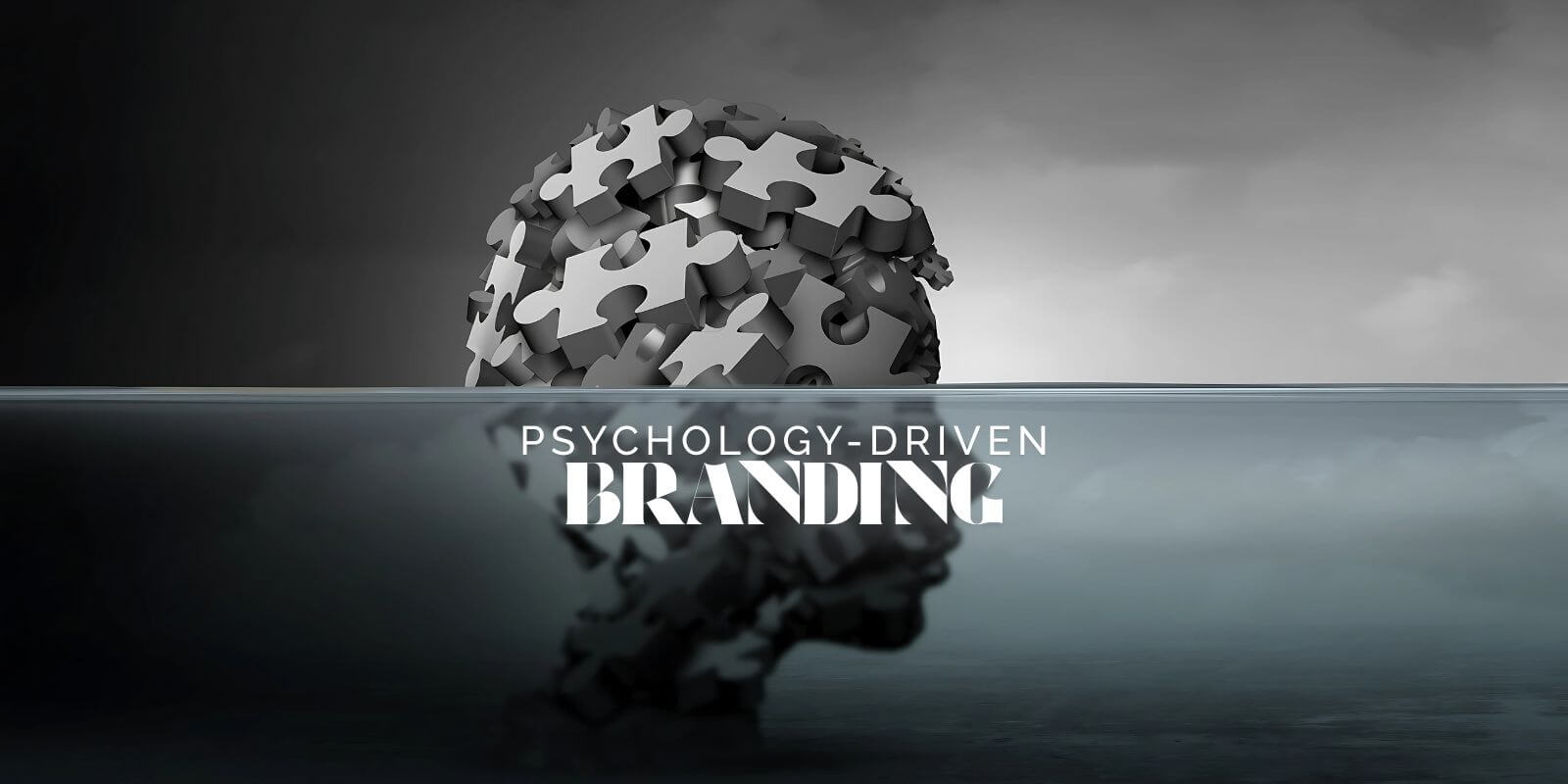| May 11, 2023
Psychology-Driven Branding in 2023
In today’s rapidly evolving landscape, branding has transcended its traditional role and become an intricate art form that taps deeply into the psychology of the audience. Psychology-driven narratives have emerged as powerful tools for creating deep, personal connections with consumers, allowing brands to not only engage their audience but also establish long-lasting relationships. The use of emotional intelligence and personalized experiences has become central to crafting narratives that resonate with consumers on an emotional level. This blog post will delve into the profound shifts in branding, focusing on how brands are leveraging psychological insights to foster powerful connections with their target audience. Understanding the Psychology of Colors: Colors are more than just a visual element in branding, they are psychological triggers that influence the way consumers perceive and interact with a brand. Color psychology plays a vital role in shaping brand narratives by creating the right emotional atmosphere that aligns with a brand’s core message. Colors have the power to evoke specific emotions, making them an essential tool in establishing a brand's identity. This section explores the psychology of colors, starting with the calming influence of blues to the energetic and stimulating qualities of reds. The color palette you choose can make all the difference in the way consumers engage with your brand, as it speaks directly to their subconscious. Over time, brands have learned to strategically use color not only as a visual component but as an emotional cue that guides consumer behavior and perceptions. Colors can communicate trust, excitement, calmness, and even urgency, depending on the choice of hue. Therefore, understanding the psychology behind color selection is crucial in crafting a successful and emotionally resonant brand identity. Storytelling Techniques for Emotional Connection: At the core of modern branding is storytelling. In an era where consumers are overwhelmed by information, brands need to do more than just showcase their products or services. They must weave authentic and compelling stories that resonate emotionally with their audience. Brand storytelling has evolved from a marketing tactic to a strategic approach that goes beyond aesthetics or product features. Today, it’s not just about promoting a brand; it’s about telling a story that speaks to the heart of the consumer. Whether it's the journey of a brand, the story of its founders, or the narrative behind a product, storytelling has become a crucial element in establishing deep, emotional connections. Brands that master the art of storytelling engage their audience not just with facts but with experiences that stir emotion. A well-crafted narrative turns passive consumers into loyal brand advocates, deeply invested in the brand's mission and values. As consumers seek out brands that reflect their values and connect with them on a deeper emotional level, storytelling has become indispensable in building brand loyalty. Personalized Experiences as a Brand Differentiator: In the age of hyper-personalization, brands are moving beyond simple name-based personalization. Today, personalization is about creating tailored experiences that speak directly to an individual’s preferences, behaviors, and unique needs. Personalized experiences offer brands an opportunity to differentiate themselves in a crowded marketplace by creating customized journeys for each consumer. Through sophisticated data analytics and targeted marketing strategies, brands can now deliver experiences that feel highly relevant and personal. This level of personalization goes beyond just product recommendations; it extends to individualized communication, offers, and even website interfaces. By using data-driven insights, brands can build stronger emotional connections with their consumers. Personalization not only enhances the customer experience but also helps foster brand loyalty. As consumers increasingly expect brands to cater to their unique preferences, those brands that embrace personalization will have a competitive advantage in building deeper, more meaningful relationships with their audience. Sustainability as an Ethical and Emotional Value: In recent years, sustainability has become a cornerstone of brand identity. As consumers become more aware of their environmental impact, they are seeking brands that align with their values. Sustainability is no longer just a buzzword; it has become a core ethical value that resonates deeply with today’s conscious consumer. Brands that integrate sustainability into their narratives are not just promoting eco-friendly practices; they are also establishing a deep emotional connection with consumers who are passionate about making a positive impact on the planet. Sustainability has become a key driver of purchasing decisions, with many consumers preferring brands that share their commitment to social and environmental responsibility. By weaving sustainability into their brand stories, companies not only showcase their eco-friendly initiatives but also position themselves as ethical choices that consumers can feel proud to support. This move not only helps brands attract eco-conscious consumers but also builds long-lasting emotional loyalty by aligning with the values that matter most to their audience. In conclusion, the landscape of branding has undergone a transformation, with brands now harnessing the power of psychology, emotional intelligence, and personalization to build lasting and meaningful connections with their audience. By understanding the psychology of colors, crafting compelling narratives, offering personalized experiences, and embracing sustainability, brands can create a more profound and lasting impact on consumers. The future of branding lies in the ability to tap into the emotional and psychological drivers that influence consumer behavior, ensuring that brands remain relevant and emotionally resonant in an ever-changing market.
